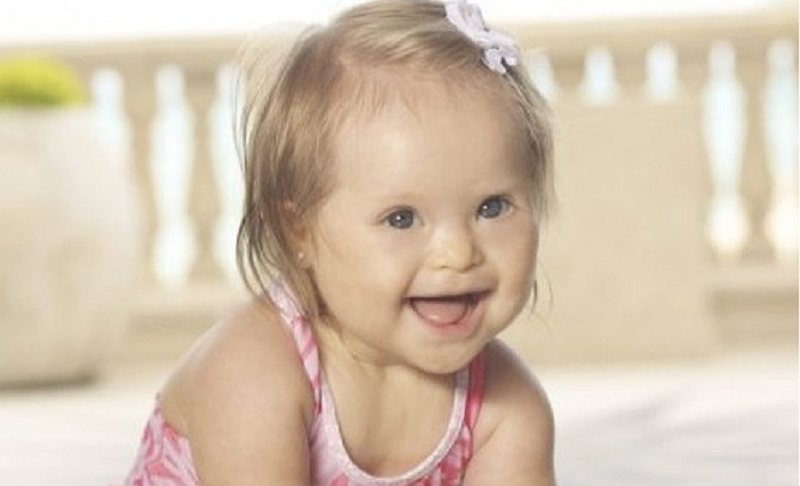Senators Marco Rubio (R-FL), Jim Inhofe (R-OK), Steve Daines (R-MT), and colleagues sent a letter to Majority Leader Chuck Schumer (D-NY) and Republican Leader Mitch McConnell (R-KY) urging them to bring the Protecting Individuals with Down Syndrome Act (S. 75) to the Senate floor for a vote during the June work period.
In January 2021, Rubio, Inhofe, and colleagues reintroduced the Protecting Individuals with Down Syndrome Act (S. 75), which would ban providers from knowingly performing an abortion being sought solely because the unborn child has been diagnosed with Down syndrome.
Click here for a complete list of senators who signed the letter.
“All individuals have inherent value, regardless of their age, status, disability, race, sex or any other factor,” the senators wrote. “Despite popular social narratives regarding the need to protect society’s weak and marginalized, unborn babies—the most vulnerable individuals in our society—are continually targeted through abortion.”
“We must protect babies with Down syndrome from being targeted for lethal discrimination by abortion,” the senators continued. “Therefore, we strongly urge you to bring the Protecting Individuals with Down Syndrome Act to the Senate floor for a vote during the June work period.”
The full text of the letter is below.
Click here to sign up for pro-life news alerts from LifeNews.com
Dear Majority Leader Schumer and Minority Leader McConnell,
As members committed to the protection of all life, we strongly urge you to bring S. 75, the Protecting Individuals with Down Syndrome Act, up for a vote during the June 2021 work period. This critical legislation would protect unborn babies from being targeted for abortion simply because they have or may have Down syndrome.
All individuals have inherent value, regardless of their age, status, disability, race, sex or any other factor. Despite popular social narratives regarding the need to protect society’s weak and marginalized, unborn babies—the most vulnerable individuals in our society—are continually targeted through abortion. Estimates show that over 62 million children have been aborted since Roe v. Wade—children whose lives held vast potential and worth. Furthermore, the discriminatory nature of abortion is often ignored.
Unborn babies with disabilities are at the forefront of this discrimination. In the United States, more than two in three babies diagnosed with Down syndrome are aborted. Reports show that the population of individuals in Iceland with Down syndrome is being virtually eradicated altogether before those children have a chance at life outside the womb. While all abortion is tragic, systematically targeting individuals with Down syndrome through abortion is eerily reminiscent of the eugenics movement. As Justice Thomas has noted, state laws preventing abortion on the basis of Down syndrome “promote a State’s compelling interest in preventing abortion from becoming a tool of modern-day eugenics.”
The Sixth Circuit Court of Appeals recently acknowledged the importance of the government’s interest in this issue as well when it upheld Ohio’s law banning abortion on the basis of a Down syndrome diagnosis. As Judge Batchelder stated in her opinion, Ohio’s law:
relies on its interests in: (1) protecting the Down syndrome community from the stigma it suffers from the practice of Down-syndrome selective abortions; (2) protecting women whose fetuses have Down syndrome from coercion by doctors who espouse and advocate the abortion of all such fetuses; and (3) protecting the integrity and ethics of the medical profession by preventing doctors from enabling such targeted abortions.
We believe the Federal government has an interest in protecting this community as well.
This effort has the overwhelming support of the American public. Earlier this year, a Knights of Columbus – Marist Poll found that 70 percent of Americans oppose aborting a child on the basis that the child will be born with Down syndrome. This includes over half of those who identify as pro-choice.
We must protect babies with Down syndrome from being targeted for lethal discrimination by abortion. Therefore, we strongly urge you to bring the Protecting Individuals with Down Syndrome Act to the Senate floor for a vote during the June work period.








